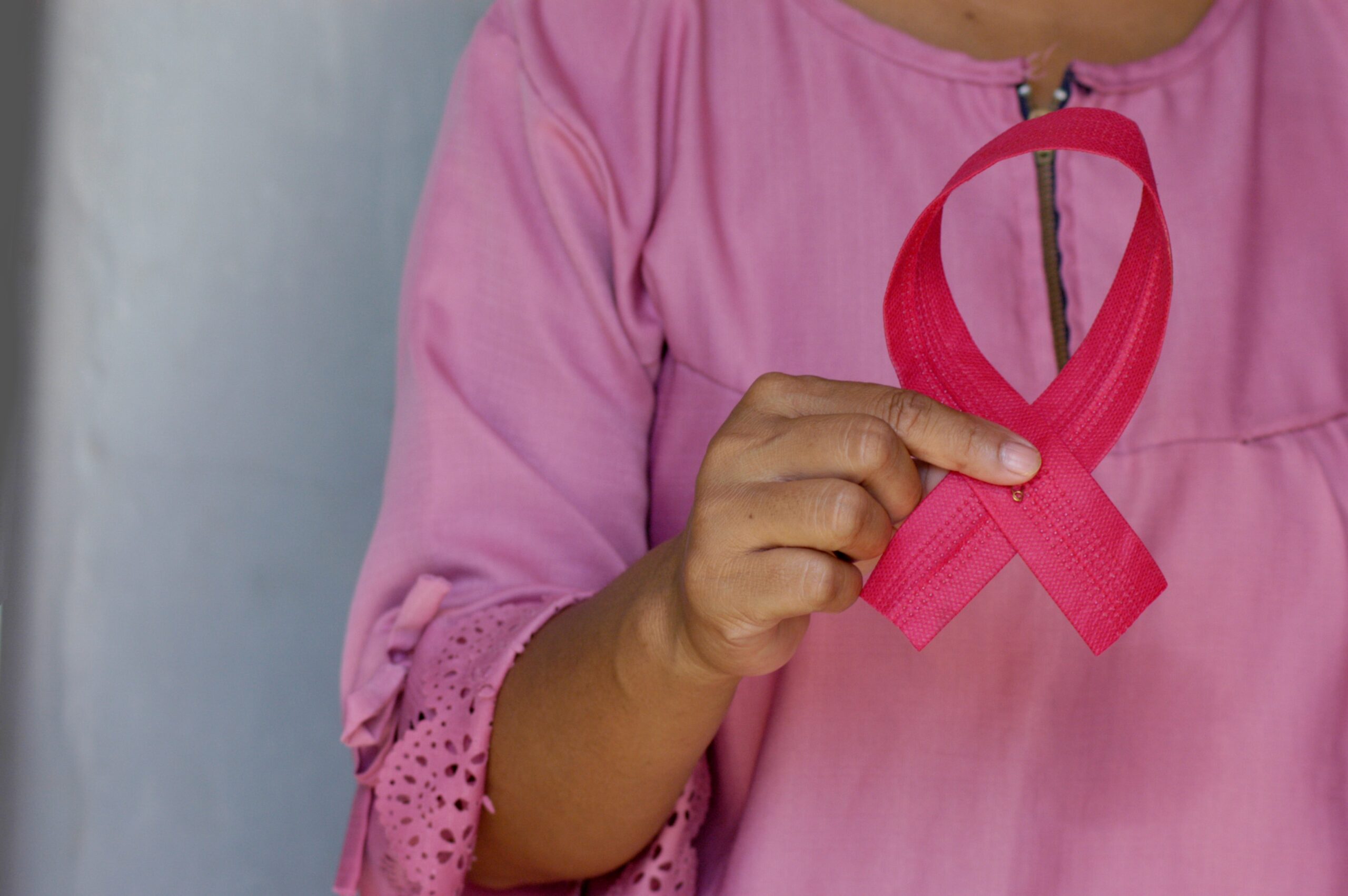Distress Reduction
Almost all people diagnosed with cancer experience some amount of distress.
What is Distress? Distress is the term used to describe the unpleasant experience people have that affects them mentally, physically, socially and/or spiritually when they have cancer. Distress can make it hard to cope and affect how a person and their family members think, feel and act.
Most people with cancer experience a mild level of distress. But, around 30% and as high as 60% of women with breast cancer experience a more severe distress that can last much longer, sometimes years past cancer treatment and may lead to diagnosable problems like anxiety or depression. Younger women are more likely than older women to experience distress.
People with cancer-related distress are NOT “going crazy” and it is not a failure to accept help for distress. Actually, it is your RIGHT to receive assessment and recognition of your distress symptoms and referral to in-person counseling, support groups or informational self-management programs that allow you to receive this care at home. You should EXPECT and not be ashamed to be offered help with distress after a cancer diagnosis. Distress changes in degree and what may be causing the distress over time, but simply having treatment most of the time will not solve distress.
If you are experiencing distress, you may have symptoms such as:
- Worry, anger, fear about cancer and cancer’s affect on your family and plans
- Depression and/or anxiety
- Difficulty sleeping, loss of appetite
- Inability to concentrate or thoughts of cancer or fears that recur over and over
- Questioning the meaning of life, death, and illness
- Difficulty interacting with people (avoiding or role issues in family or at work)
It is usually not helpful to “put on a mask of happiness” in front of family and friends if you are really having these symptoms. It is better to find people with whom you can share your thoughts and feelings.
You will likely receive a form when you visit your cancer center that asks you about how much cancer is bothering/distressing you and in what ways. Please be honest – the team is there to help – we can only help if we know your concerns.
To learn more about the distress self-management program for women CaringGuidance After Breast Cancer Diagnosis to learn how you/your patients can gain access to this free at home program.

Your feedback is appreciated. Help us improve the site.
Submit your feedback here!

About Us
Learn more about the Beating Breast Cancer project.
